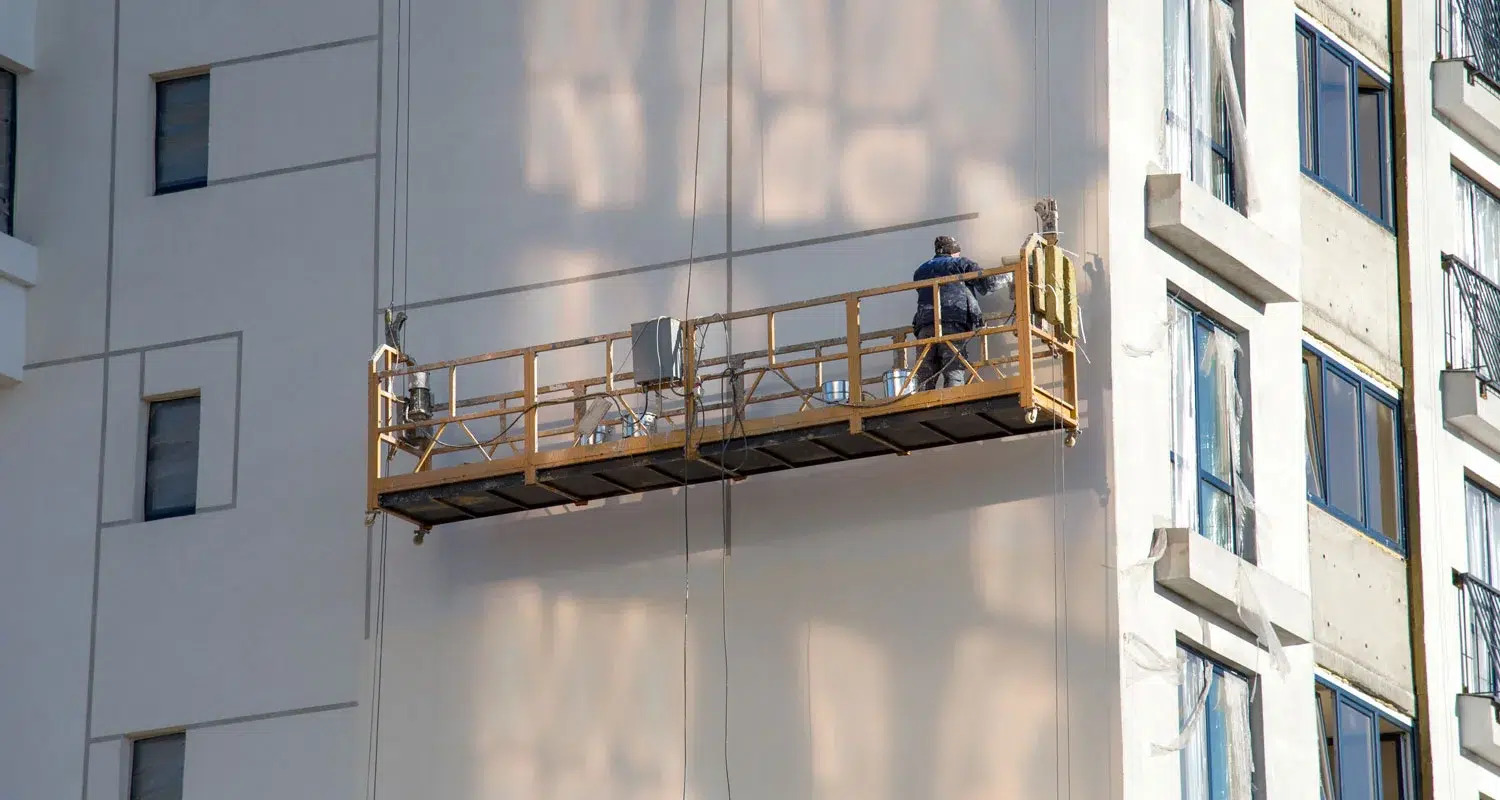11 Things You Should Know Before Choosing a Scaffolding Company

Choosing the right scaffolding company is essential for keeping your project safe, compliant, and on schedule. Whether you’re working on a small residential scaffolding project or a large commercial scaffolding build, understanding how scaffolding works — from cost to safety requirements — will help you make the right decision.
Here are 11 key things you should know before hiring a scaffolding company.
1. How Much Does Scaffolding Cost? (H2)
Pricing depends on the height, length, complexity of access, and hire duration.
- Residential jobs: Typically range from $500–$1,500 for smaller renovations or home improvements.
- Commercial projects: Costs are higher due to multi-level structures, engineering sign-off, and longer hire periods.
Most companies offer free quotes.
💡 Tip: Explore scaffolding packages to get a tailored solution that can reduce overall project costs.
2. Do You Need a Permit for Scaffolding?
If scaffolding is erected on public land (footpaths or roads), you’ll need a permit from your local council.
If it’s on private property, permits are usually not required but WorkSafe NZ regulations must still be followed.
3. How Long Does Installation and Removal Take?
- Small residential jobs: Installation can take just a few hours, with removal even quicker.
- Large commercial projects: Multi-level scaffolding may take a full day or longer to install safely.
Proper planning with your scaffolding provider helps avoid project delays.
4. Is Scaffolding Safe to Use?
Yes when installed by trained professionals.
All scaffolding in NZ must meet AS/NZS 1576 safety standards and undergo regular inspections. Choose a company that prioritizes safety for both residential scaffolding and commercial scaffolding projects.
5. Do Scaffolders Need to Be Licensed?
Yes. Scaffolders must hold a Certificate of Competence, and companies should be members of SARNZ (Scaffolding, Access & Rigging NZ) or meet equivalent industry standards.
6. How High Can Scaffolding Be Built?
Scaffolding can be built as high as required — but structures over 5 metres need design sign-off by a certified engineer. Multi-level commercial jobs require extra planning and bracing for safety.
7. What Types of Scaffolding Are Available?
Common options include:
- Tube and clip (for custom jobs)
- Kwikstage / Ringlock system scaffolding
- Mobile scaffold towers
- Suspended scaffolds (for bridges or high-rise projects)
- Roof edge protection systems
If you’re unsure which type you need, check out our scaffolding hire options for flexible solutions.
8. Can You Adjust or Move Scaffolding Yourself?
No. Only qualified scaffolders should adjust or dismantle scaffolding.
Attempting to move scaffolding yourself is unsafe and may breach your hire agreement.
9. How Long Can You Hire Scaffolding For?
Hire periods are flexible — weekly or monthly — and long-term hires often come with a better rate.
If your project timeline changes, let your provider know early to avoid unexpected costs.
10. Is Scaffolding Covered by Insurance?
Reputable companies carry public liability insurance, but you should check with your builder or site insurer to ensure full coverage especially for large commercial scaffolding projects.
11. Can You Use Scaffolding in Bad Weather?
Yes, but extra precautions may be required. In storm conditions, scaffolding may need additional bracing or temporary dismantling for safety.
Secure the Right Scaffolding for Your Project
Choosing a trusted provider ensures your project is safe, compliant, and efficient.
Whether you need residential scaffolding for a home renovation or commercial scaffolding for a large-scale development, Secure Scaffold can help.
Explore our scaffolding packages for custom solutions or view our scaffolding hire options for flexible short- and long-term rentals.
Request a free scaffolding quote today to ensure your project stays safe and on schedule.
Secure Scaffold provides complete residential and commercial scaffolding solutions to meet any project requirement.



